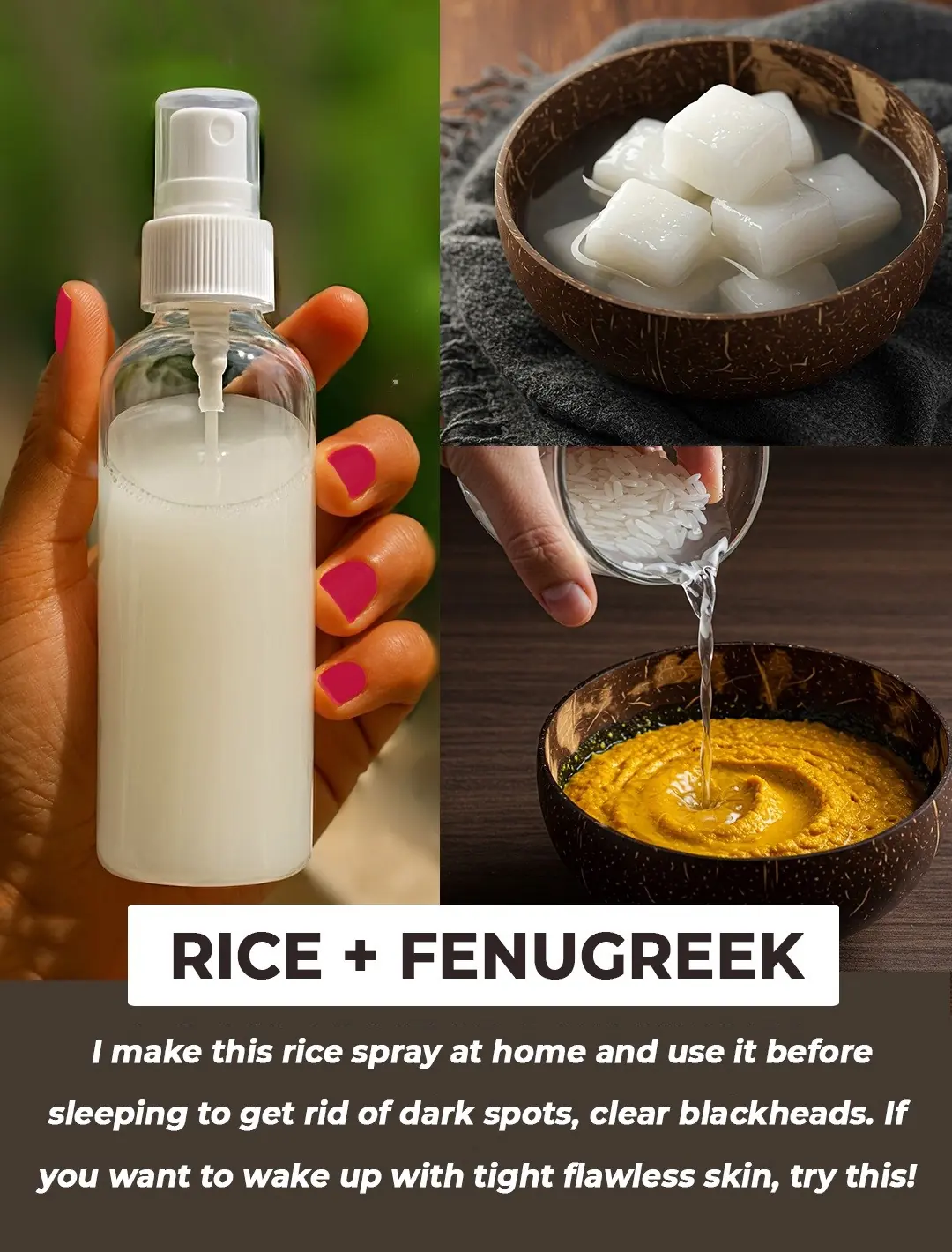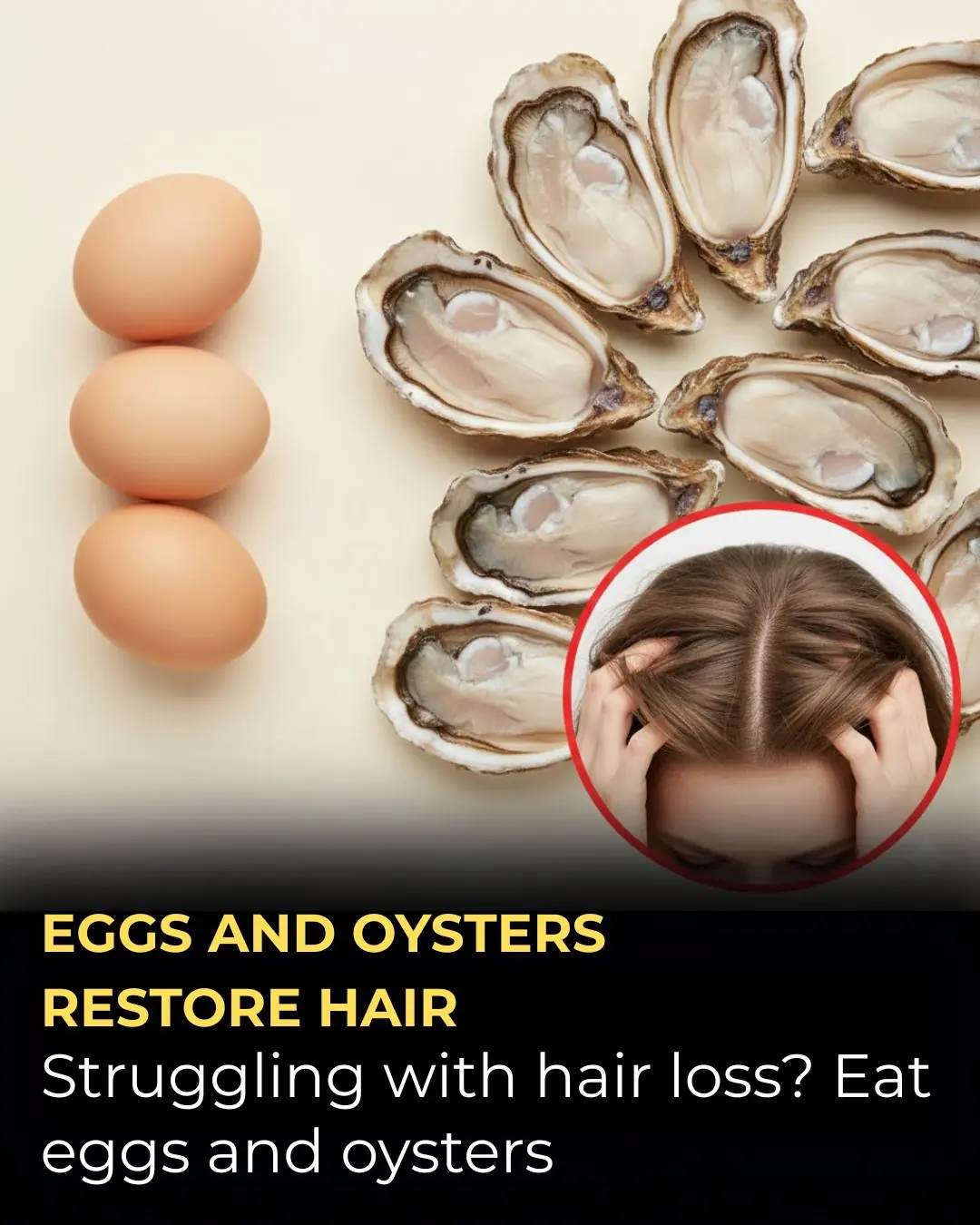
The 9 foods proven to lower your risk of dementia, according to scientific research

What if you could build a powerful defense against dementia and Alzheimer’s, one bite at a time? This is a question that many of us contemplate, especially as we age. The thought of losing our memories, our cognitive function, and our independence can be incredibly frightening. For decades, conditions like Alzheimer’s were considered an inevitable part of growing older—a genetic lottery that most of us couldn’t escape. But what if I told you that you have more control than you think? A growing body of scientific research reveals that the choices you make in your lifestyle, particularly the foods you eat every day, can significantly reduce your risk of cognitive decline and even combat conditions like dementia and Alzheimer’s.
This isn’t about a magic pill or a single "superfood." Instead, it’s about embracing a dietary pattern that actively protects your brain. Leading neurologists and researchers, such as Drs. Dean and Aisha Sherzai, have dedicated their careers to exploring this very idea. They have even developed a helpful acronym, NEURO (Nutrition, Exercise, Unwind, Restorative Sleep, Optimize mental activity), to guide us in creating a brain-healthy lifestyle. Today, we’ll focus on the “N”—Nutrition. The principle is simple: reduce the two primary culprits behind brain aging—oxidative stress and inflammation. By providing your body with the right nutrients, you create an environment that supports the health and longevity of your brain cells. Let’s explore nine food groups that should become a staple in your diet to help protect your mind.
Key Takeaways
-
You Have Control: Your diet is one of the most significant modifiable factors in preventing dementia and Alzheimer’s.
-
Fight Inflammation: The main goal of a brain-healthy diet is to reduce chronic inflammation and oxidative stress, which damage brain cells over time.
-
Focus on Plants: The most protective foods are largely plant-based, rich in antioxidants, vitamins, minerals, and healthy fats.
-
The Core Nine: Incorporating leafy greens, whole grains, berries, beans, nuts and seeds, cruciferous vegetables, tomatoes, avocados, and green tea into your daily routine forms a comprehensive defense for your brain.
-
Consistency Over Perfection: Striving for perfection isn’t necessary. Aim to include as many of these foods as you can each day, as small, consistent efforts yield significant long-term benefits.
1. Leafy Greens: The Uncrowned Kings of Brain Health
If there’s one food group to prioritize for your brain, it’s leafy greens. These vegetables should be the cornerstone of your cognitive defense. While kale is often at the top of the list, the entire leafy green family—including spinach, arugula, collard greens, and Swiss chard—provides an incredible boost to brain health. Packed with nutrients like vitamin K, folate, and beta-carotene (a precursor to vitamin A), these greens are key players in fighting oxidative stress—the “rusting” of your cells, including those in your brain.
Studies indicate that people who eat at least one serving of leafy greens each day experience slower cognitive decline, with some research suggesting they could be mentally 11 years younger than those who avoid them. The best part is that leafy greens are easy to incorporate into any meal. Toss a handful of spinach into a smoothie, add a fresh salad of mixed greens for lunch, or stir some kale into your soups and pasta sauces. Make it a daily habit, and you’re already taking one of the most impactful steps toward protecting your brain.
2. Whole Grains: Fuel Your Brain the Right Way
Your brain is a high-energy organ, and the type of fuel you provide matters. Highly processed carbohydrates and sugars cause blood sugar spikes and crashes, which promote inflammation and can harm brain cells over time. Whole grains, however, provide steady, sustained energy. Because they are high in fiber, whole grains release glucose slowly into your bloodstream, preventing blood sugar spikes while providing your brain with the energy it needs to function at its best.
Whole grains are also packed with B vitamins—essential for brain health—and polyphenols, which are potent antioxidants. Swap refined grains for 100% whole wheat, start your day with oatmeal or quinoa, and choose brown rice or barley for dinner. These simple changes stabilize energy levels, reduce inflammation, and protect your brain from the damaging effects of sugar spikes.
3. Berries: Your Sweet Shield Against Decline
When you’re craving something sweet, berries are a fantastic choice. Berries, such as blueberries, strawberries, and raspberries, are rich in anthocyanins—antioxidants and anti-inflammatory compounds that cross the blood-brain barrier to protect brain cells directly. These compounds have been shown to improve communication between brain cells and help clear out cellular debris that could otherwise lead to dysfunction.
In addition to anthocyanins, berries are an excellent source of vitamin C and fiber. A daily serving of berries, whether fresh, frozen, or blended into a smoothie, is an easy way to protect your brain from age-related damage while satisfying your sweet tooth.
4. Beans and Legumes: The Humble Powerhouses
Beans and legumes like lentils, chickpeas, and black beans are often overlooked but are packed with nutrients that support brain health. High in plant-based protein, fiber, and magnesium, beans help stabilize blood sugar levels, preventing the spikes that damage blood vessels and contribute to inflammation. Fiber, in particular, is crucial for maintaining a stable environment in the brain by regulating glucose levels.
These foods are versatile and affordable, making them easy to add to your diet. Whether added to soups, salads, or stews, or blended into hummus or veggie burgers, beans and legumes provide steady energy and help maintain long-term brain health.
5. Nuts and Seeds: Good Fats for a Great Mind
Your brain is made up of about 60% fat, so the types of fats you consume are essential for its function. Nuts and seeds, such as walnuts, almonds, flaxseeds, and chia seeds, provide healthy fats, including omega-3 fatty acids, which are vital for brain cell structure and function. Omega-3s play an essential role in building brain tissue and facilitating communication between neurons.
Nuts and seeds are also rich in vitamin E, a powerful antioxidant that helps protect brain cells from oxidative damage. Incorporate a small handful of nuts or a tablespoon of seeds into your daily routine. They can be sprinkled on salads, blended into smoothies, or enjoyed as a snack.
6. Cruciferous Vegetables: Your Brain’s Detox Crew
Cruciferous vegetables like broccoli, cauliflower, Brussels sprouts, and kale are packed with glucosinolates, compounds that activate detoxification processes in the body and have powerful anti-inflammatory effects. These vegetables help clear out toxins from the body, reducing low-grade inflammation that can accelerate cognitive decline.
Additionally, cruciferous vegetables are high in fiber and vitamin C, both of which are important for overall brain health. Aim to include at least one serving of these vegetables in your daily meals, whether steamed, roasted, or added to salads and soups.
7. Tomatoes: The Lycopene Protectors
The vibrant red color of tomatoes comes from lycopene, a powerful antioxidant that protects brain cells from oxidative stress. Lycopene has been extensively studied for its ability to defend against the kind of cell damage that contributes to the development of dementia.
Interestingly, cooking tomatoes actually increases the bioavailability of lycopene, so consuming tomato sauce, paste, or stews made with tomatoes is especially beneficial. Fresh tomatoes, however, remain a great option for salads and sandwiches. Regularly incorporating tomatoes into your diet provides your brain with a specific, targeted nutrient to help maintain its health.
8. Avocados: Creamy, Delicious Brain Food
Avocados are rich in monounsaturated fats, the same healthy fats found in olive oil, which help maintain healthy blood flow. Good circulation is essential for brain health, as it ensures a steady supply of oxygen and nutrients to the brain. Poor cardiovascular health is a major risk factor for cognitive decline, so consuming heart-healthy foods like avocados is beneficial for both your brain and heart.
In addition to healthy fats, avocados are a great source of vitamins C, E, and K. They provide a creamy texture that makes meals more satisfying, helping to curb cravings for less healthy options. Add a quarter of an avocado to your salads, smoothies, or toast for a brain-boosting treat.
9. Green Tea: A Calming Sip for Cognitive Clarity
Green tea is a fantastic beverage choice for your brain. It contains EGCG (epigallocatechin gallate), a powerful antioxidant and anti-inflammatory agent that helps prevent the formation of amyloid plaques—one of the hallmarks of Alzheimer’s disease. Additionally, green tea contains L-theanine, an amino acid that promotes calm alertness and helps improve focus without the jitters associated with coffee.
Drinking a cup of green tea daily can support brain function, but if you're sensitive to caffeine, consider decaffeinated green tea, especially in the evening, to avoid disrupting your sleep.
Conclusion
Building a brain that resists dementia and Alzheimer’s isn’t about making a drastic change overnight. It’s about consistently making small, mindful choices every day. By incorporating these nine food groups into your diet, you’re actively reducing inflammation, combating oxidative stress, and providing your brain with the nutrients it needs to stay healthy and sharp. Start small, adding one or two of these foods today, and gradually build from there. Remember, you’re in charge of your own health, and every healthy bite you take is a step toward a sharper, healthier mind.
News in the same category


The Role of Eggs and Choline in Reducing the Risk of Cognitive Decline
The Role of Eggs and Choline in Reducing the Risk of Cognitive Decline

🐔 Amazing Health Benefits of Chicken Feet You Should Know

If You Get These Bruises On Your Body

Numbness Or Tingling Sensations In Your Hands
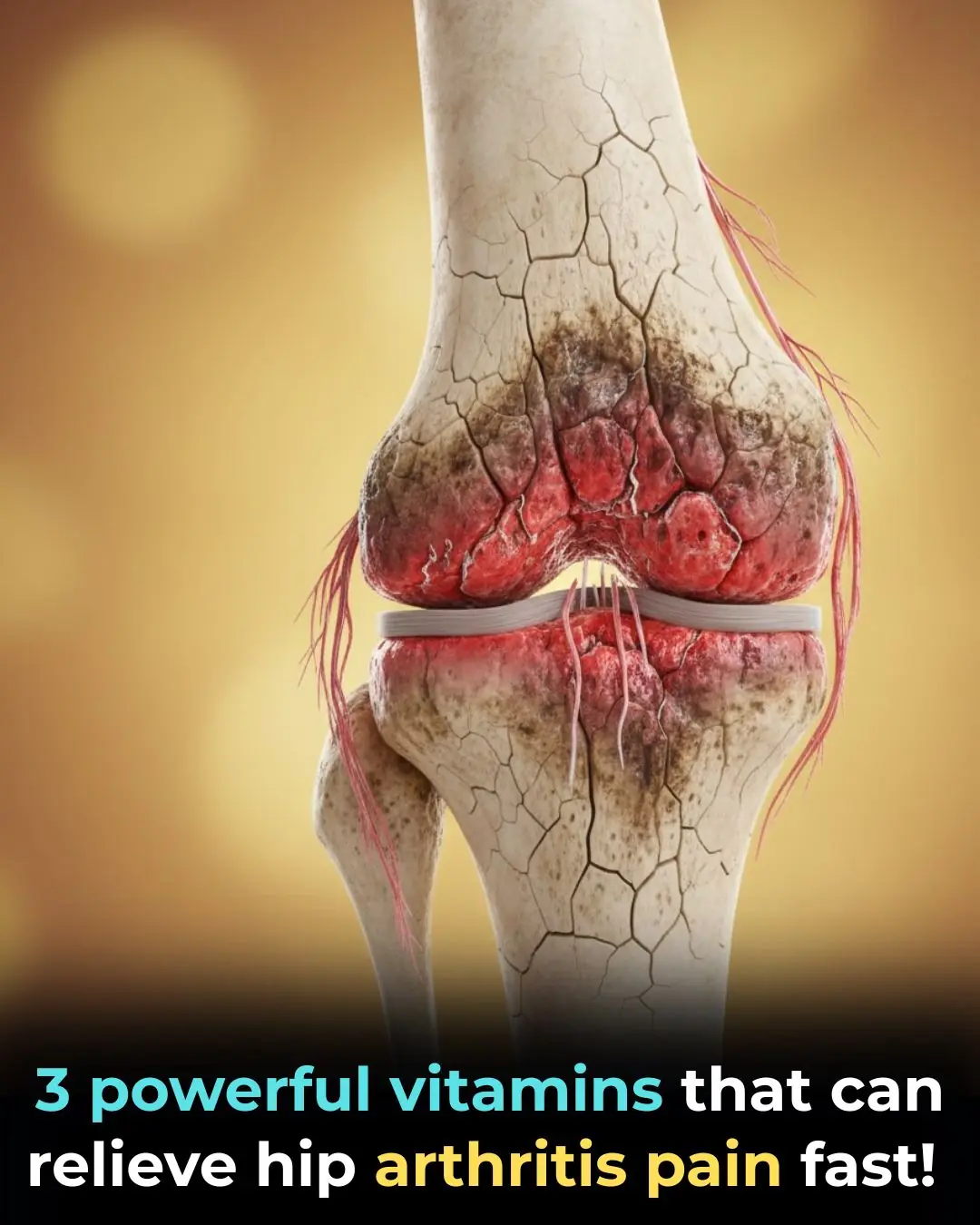
Top 3 Vitamins for Hip Arthritis

Scientists Discover The Maximum Age a Human Can Live To

7 powerful vitamins you need for strong, healthy legs

Vein Victory Elixir: Onion-Garlic-Vinegar Rituals to Banish Bulging Blues

4 alarming symptoms of vitamin B12 deficiency you can’t ignore!
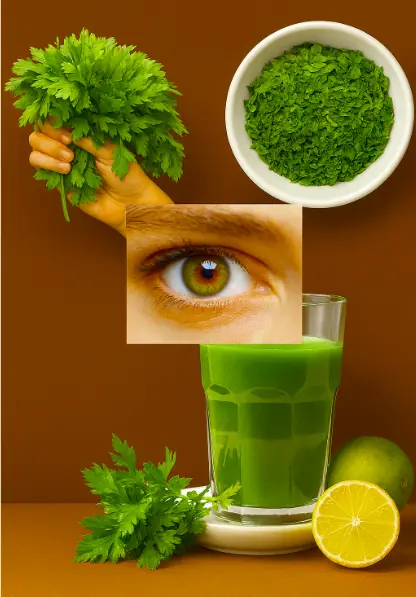
Essential Leaves for Eye Health: Nature’s Secret to Sharper Vision
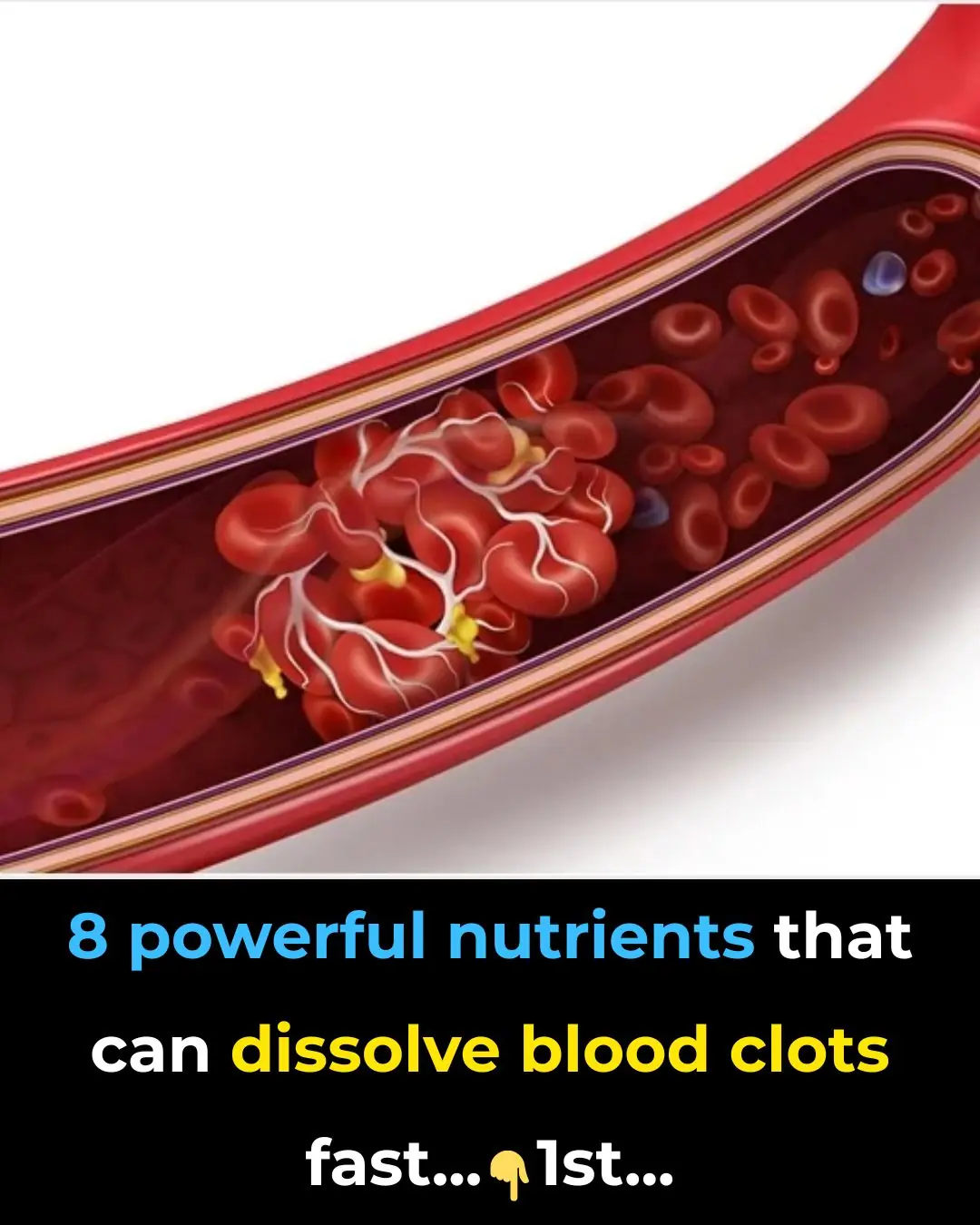
8 Powerful Nutrients That Can Dissolve Blood Clots Fast!

Signs of pancreatic cancer you should never ignore

6 Trigger Foods That Cause Agonizing Pain If You Have Neuropathy

Every Single Person Who has Cancer has a pH that is Too Acidic. Here is the Easiest Way to Check your pH Balance

This ancient seed oil may help calm knee pain better than Tylenol, study suggests

This vitamin deficiency could be raising your colorectal cancer risk — and half the world is low
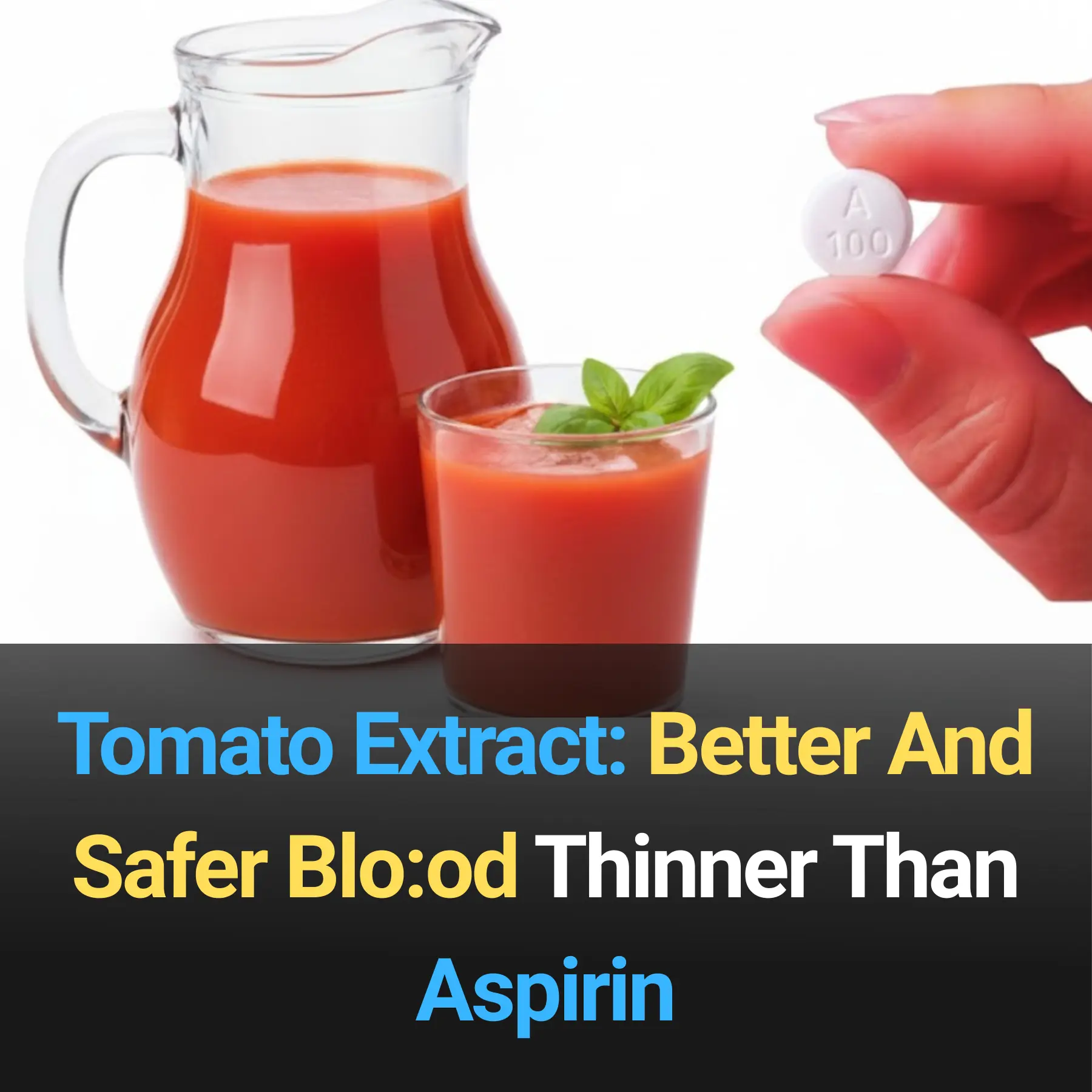
Tomato Extract: Better And Safer Blood Thinner Than Aspirin

10 warning signs your kidneys are failing (symptoms most people don’t know)
News Post

ITV Emmerdale's Lewis Barton 'set for new romance' as fans point out huge hint

Josie Gibson stuns as she shows off 5st weight loss in daring dress on cruise

Collagen Combo For Glass Skkin

Eggs and Oysters: Nature’s Powerful Duo for Stronger, Healthier Hair

The Role of Eggs and Choline in Reducing the Risk of Cognitive Decline
The Role of Eggs and Choline in Reducing the Risk of Cognitive Decline

Moss: The Underrated Climate Hero We’ve Been Ignoring

A World-First in Surgery: Removing a Spinal Tumor Through the Eye Socket

🐔 Amazing Health Benefits of Chicken Feet You Should Know

The Hidden Meaning Behind Tongue Piercings

World’s Largest Pumped Storage Power Station Goes Fully Operational in China
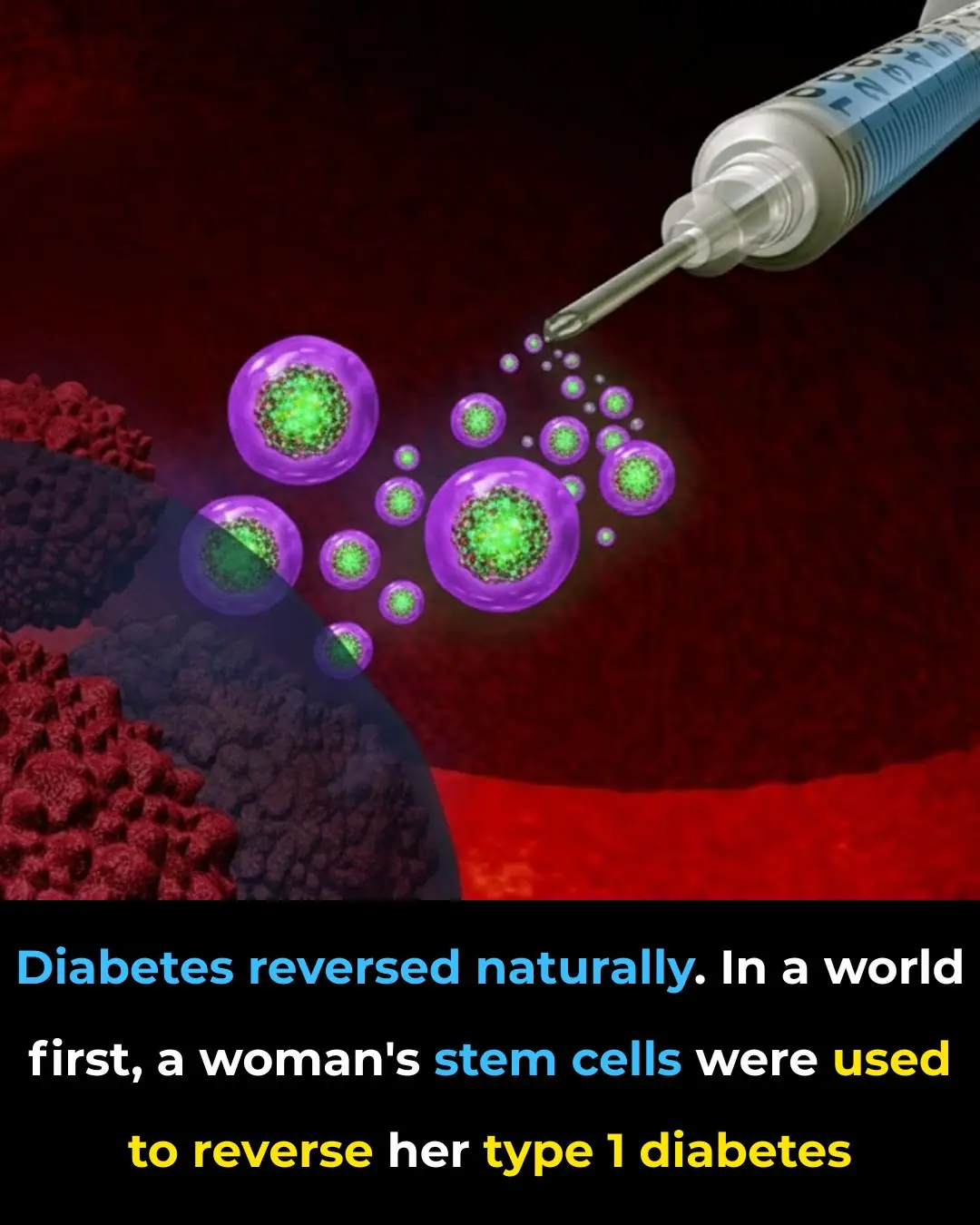
World-First Breakthrough: Stem Cells Reverse Type 1 Diabetes in Landmark Case

Time Travel That Actually Happens: How Flying East Can Take You “Back in Time”

Hank’s Second Chance: From Abandonment to Hope and Healing

If You Get These Bruises On Your Body

Numbness Or Tingling Sensations In Your Hands

Top 3 Vitamins for Hip Arthritis

Scientists Discover The Maximum Age a Human Can Live To

The Amazing Benefits of Using Frozen Cucumber for Gua Sha: A Natural and Effective Skincare Hack

This Collagen Drink Reverses Your Age by 10 Years
